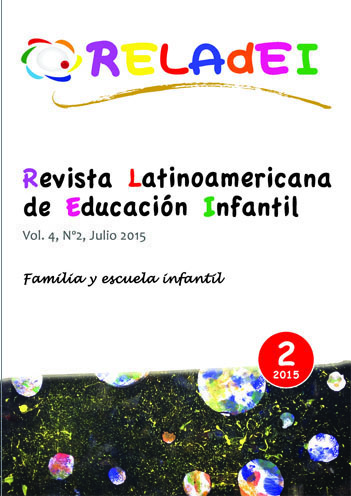Volumen 4, nº2 (Julio 2015). Familia y escuela infantil., Experiencias, pages 163-180
Submitted: 21-02-2018
Published: 21-02-2018
This contribution is aimed at testing José Antonio Abreu’s “El SIstema” within underprivileged social contexts. A former orchestra conductor and Minister of Culture in Venezuela, Abreu created in 1975 the young ensemble Simón Bolívar, which, over a thirty nine years’ period and through the support of public funding, has nowadays developed into a network of orchestras that involve over 500 thousand children, all of whom come from the poorest and most socially marginalized suburbs of Caracas. Based on the Venezuelan model, several “nuclei” (cores) have spread in Italy for the last 4 years. However, little research has so far been made on the ‘Puglia Musica In Gioco’ core, which was established in 2010 in Adelfia, a small village in the province of Bari, where only the “philosophy” of Abreu’s “El Sistema” was actually tested, though within a socio-cultural context that is by no means comparable to the original model. For this reason, this paper will test the extent to which the approach adopted by the Apulian core may effectively allow for the recovery and reintegration of children from the most underprivileged and socially deprived communities. In this respect, the core relies upon a reticular type of teaching that regards both the theoretical and the practical concepts of music as interconnected blocks to be transmitted through a broadly structured, varied and thoroughly planned network of classes, rather than a predetermined program, which include the use of tools such as: “body percussion”, “call and response”, “scat vocal”, jazz improvisation, non-idiomatic procedural improvisation, a violinist for a day program, watching videos, and choral practice through the Kodály approach.
El Sistema, MusicaInGioco, Reticula Teaching, Improvisation, Motivation, Planning


